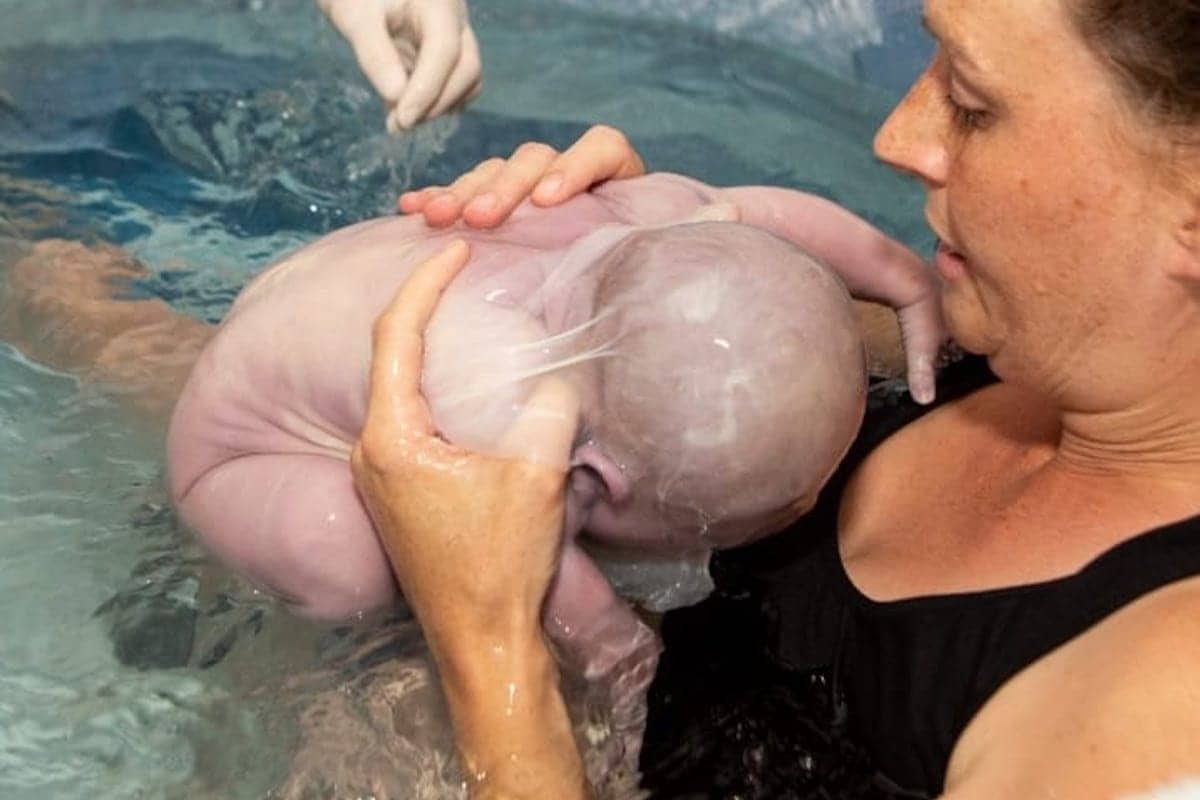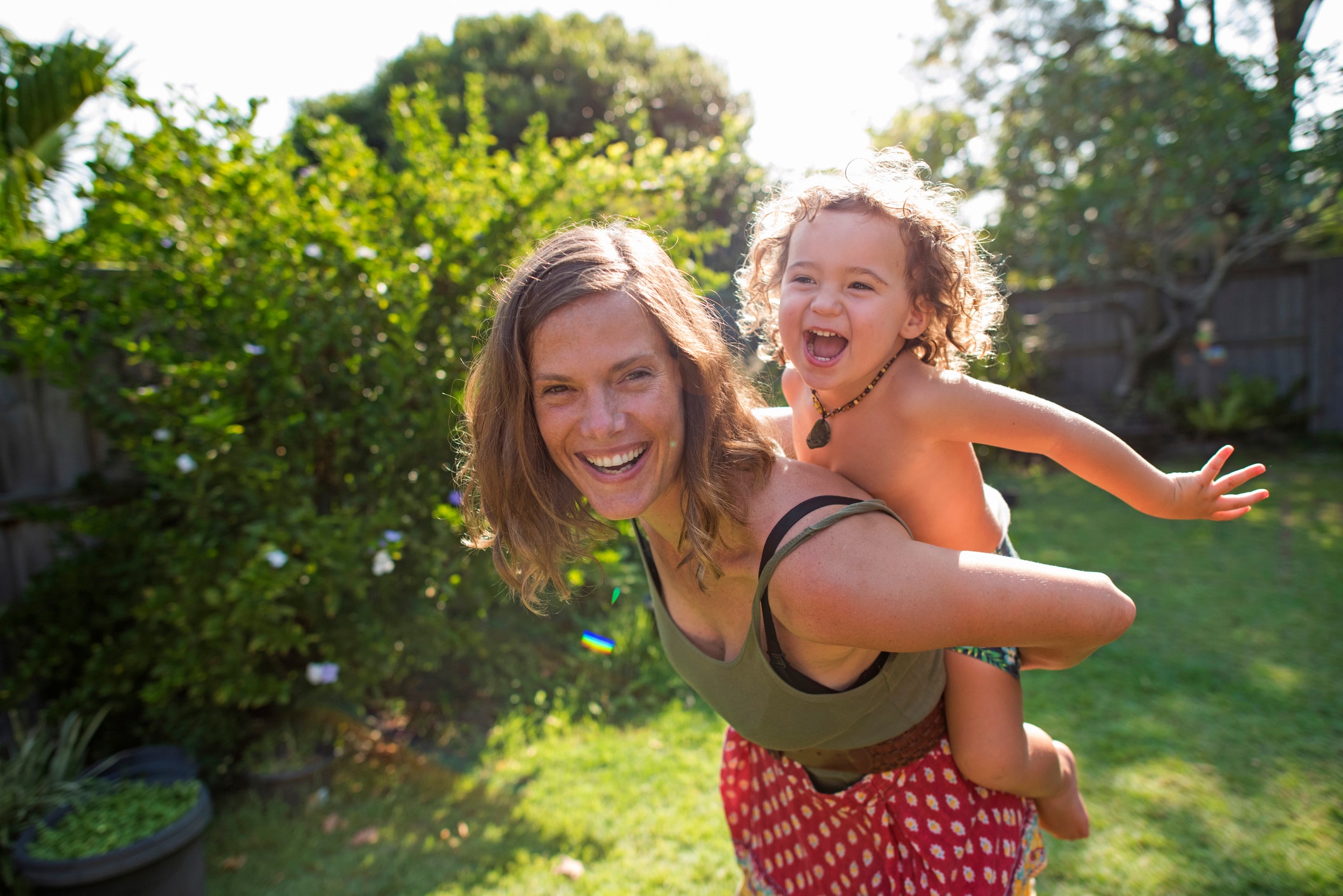Cold and flu season may bring body aches and fever, but there are precautions you can take to keep illness at bay. Dr. Gregory DeMuri, a pediatrician at University of Wisconsin Health University Hospital in Madison, Wisconsin, says parents and caregivers “can do basic stuff to keep everyone healthy.”
Dr. Steven Blatt, associate professor of pediatrics and director of general pediatrics at Upstate Golisano Children’s Hospital in Syracuse, New York, says one way to stay healthy — while getting some exercise, too — is to “get outside and get fresh air.”
Here are some more tips to keep your family healthy this season:
1. Understand the flu
According to DeMuri, influenza — or the flu — often causes coughing, chills, fever, headache, body aches, runny nose and sore throat. While it can affect anyone of any age, the flu is a significant cause of hospitalization for young children.
2. Know when to call a pediatrician
Consult with your child’s pediatrician about when to call if illness strikes. DeMuri advises that if your child has difficulty breathing and seems as though they can’t catch their breath, don’t hesitate to call the pediatrician. If your child just doesn’t seem like himself, “Trust your instincts and get your child seen by the doctor,” he says. It may be helpful to understand the current flu severity in your area, as well.
Keep your nanny or babysitter in the loop and make sure she knows when to call you or the doctor if your child suddenly gets sick. Just in case, fill out this checklist for a child care medical emergency and make sure they have a copy.
3. Stay up-to-date on vaccinations
“It’s very important for kids six months or older to get their flu shots,” Blatt says. Whooping cough and measles are also major health issues right now. To prepare, make sure everyone in your family — including adults — is current on their vaccinations, especially the flu vaccine. “Sometimes, people say ‘Oh, I don’t care if I get sick, so I won’t get the vaccine.’ You do need to get the vaccine so you can help keep children and the elderly healthy,” Blatt explains.
4. Wash your hands
Basic hygiene practices can go a long way towed keeping everyone healthy during cold and flu season. Wash your and your child’s hands, especially after blowing your nose, sneezing or coughing.
Teach your kids to cough into their elbows instead of their hands to reduce spreading germs. “If your child sneezes into his hands and then touches a toy, he’s spread his illness,” says Dr. DeMuri. He also recommends using alcohol-based hand sanitizers.
Blatt advises against having kids share food or cups with other kids. But when it comes to children and hygiene, he acknowledges that it’s not easy. “Parents just have to do the best they can to keep their kids healthy.”
5. Limit who your child is around
If your child is recovering from the flu, consider who they should and shouldn’t visit. Keep sick children away from those who have weakened immunity, such as elderly relatives or people with severe illnesses. When at home, keep a sick child separate from the rest of the family. In addition, keep your child at home from school or daycare if they have a fever, and make sure your sick babysitter or nanny is not around them.
6. Head outside
While winter brings cold weather to most of the country, Blatt recommends heading outside to stay healthy. “It’s harder to stay healthy when you’re stuck inside all day,” he points out. “If you’re inside, you don’t get to exercise as often and you tend to eat more because you’re bored. Inside, you also have people coughing more on surfaces.” Instead, bundle up and head outside for fresh air.
Keep your kids — and yourself — active by taking a quick stroll around the block, building a snow fort or running around the backyard. Outdoor chores, like raking leaves or shoveling the driveway, can also double as exercise. Another bonus? Absorbing Vitamin D, which helps with bone development. Need some inspiration? Check out this list of outdoor activities for kids.
7. Stock up on the basics
DeMuri suggests parents stock up on chicken noodle soup, calling it “a great way for sick kids to rehydrate.” He also recommends parents of young children keep a bottle of Pedialyte on hand. “When a child has the flu,” he says, “the most important thing is to make sure they are hydrated.”
Although cold and flu season can bring illness, it doesn’t have to throw a wrench in your family’s winter plans. With the right hygiene practices and up-to-date immunizations, you and your family can stay healthy.
8. Have a backup child care plan
If your nanny calls in sick, your child’s not feeling well enough to go to school or you’re feeling under the weather yourself, you’re going to need a backup child care plan. Make sure you have one in place before anyone ends up sick.





